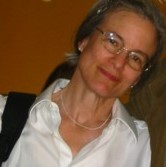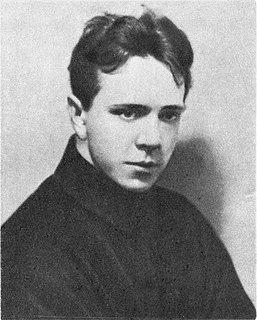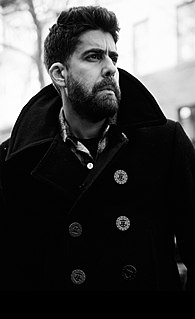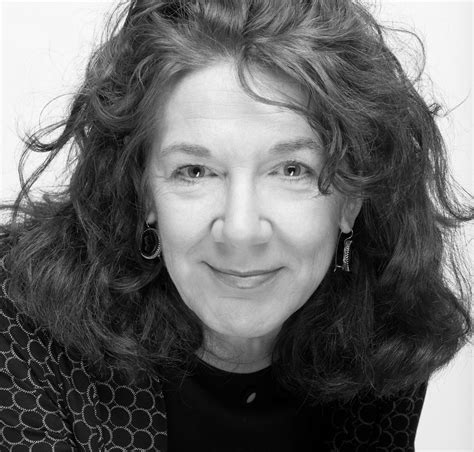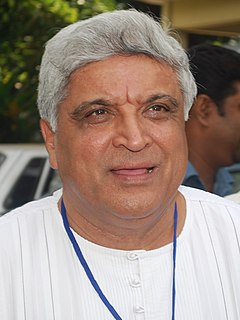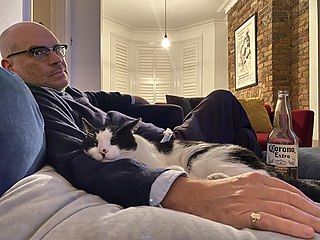A Quote by Sharon Olds
Well, 'The Wellspring' was written from 1983 to 1986. And it had a section in the beginning that was poems that began from others' experience.
Quote Topics
Related Quotes
In every well-written play the battle rages between the primary powers of Good and Evil, and it is this battle which constitutes the life impulse of the play, its driving force, and is basic to all plot structures...In any true piece of art...the beginning and the end are, or should be, polar in principle. All the main qualities of the first section should transform themselves into their opposites in the last section.
There are definitely connections between poems, but I wanted each to stand on its own. I guess it goes back to the idea of trying to zoom in and out, and to modulate, so there are different ways of looking at any experience for the reader. Even having short poems and long poems - there has to be some kind of variation in the experience of reading as a whole.
When I first encountered the poems of Jon Woodward, I was stunned into the state that is my life's joy-I was in the presence of the inimitable. Uncanny Valley extends that experience-almost into another dimension. These apocalyptic, pixilated poems forge a mythology of our ravaged culture, one that might have been written in the future. If you want poetry to give you a persimmon on a plate, look elsewhere; if you want to know what happens when seven trees fall on the highway and the story is told by a stutterer, this is the book, and it could only have been written by Woodward.
The Eucharist is the full realization of the worship which humanity owes to God, and it cannot be compared to any other religious experience.... The risen Lord ... calls the faithful together to give them the light of His Word and the nourishment of His Body as the perennial sacramental wellspring of redemption. The grace flowing from this wellspring renews mankind, life, and history.
